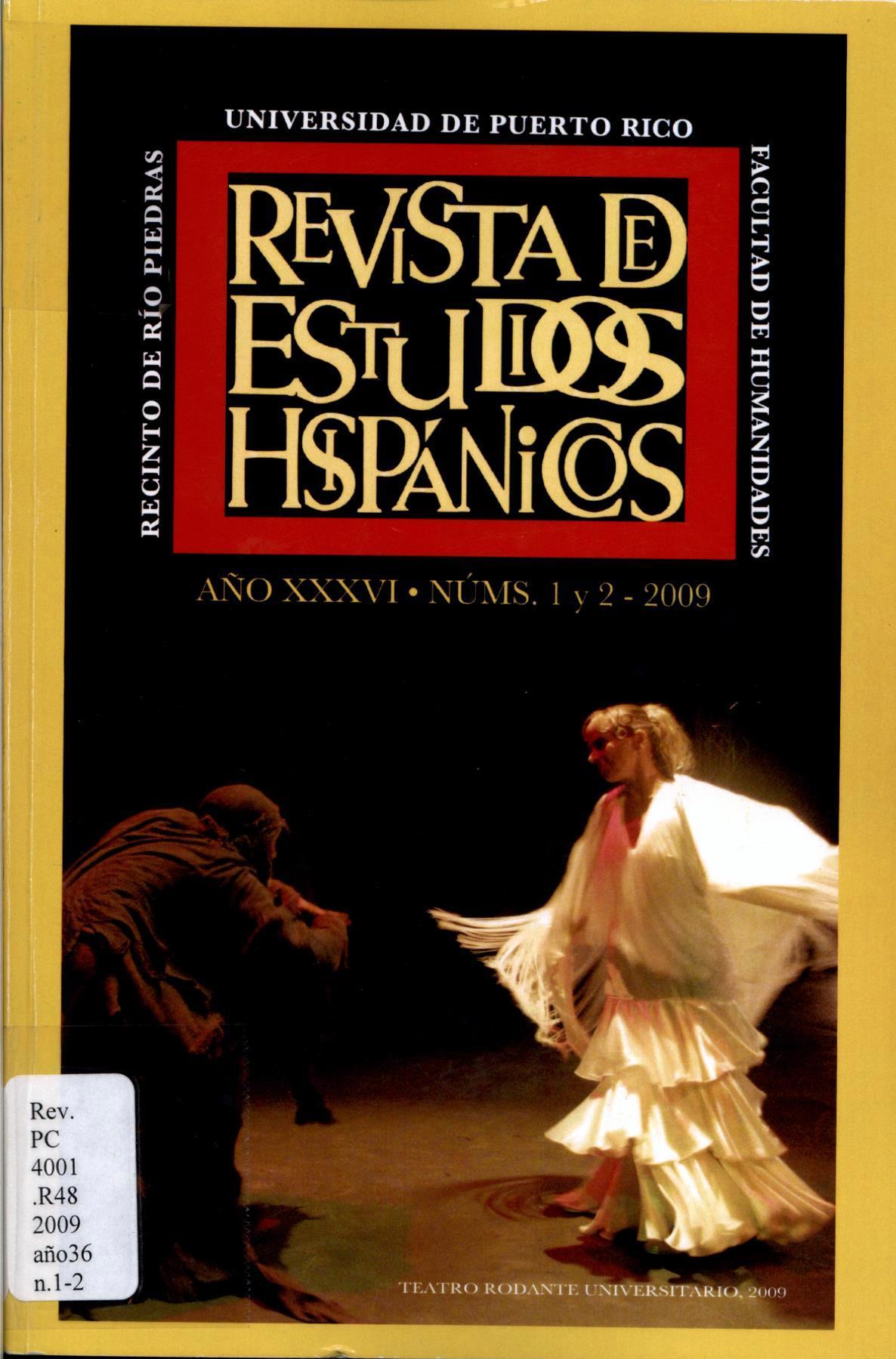Abstract
Miguel de Cervantes had higher opinion of the foreign policy of Emperor Charles V and his combat against the Turks, than of the foreign policy of Phillip II with Flanders. This article uses four works of Cervantes, two plays ;La gran sultana doña Catalina de Oviedo ;, ;El trato de Argel ;, and two novels, "Historia del cautivo" (in ;El Quijote ;) and ;El licenciado Vidriera ;, in an attempt to explain the reasons why the author of ;El Quijote ; has the military campaign in the north in low esteem, while supporting, on the other hand, Spain‘s foreign policy in the Mediterranean, and preferring to fight against the common enemy of all Christians, the Turk. Basically three reasons are taken into account: political, religious and ethical. Politically, some fragments have been commented that support the military campaigns of Charles V and praise him as a perpetual political figure, contrary to a vested criticism of the foreign policy of Philip II with Flanders. Both protagonists of the novels travel to Flanders and come back to Spain as they witness the uprisings. The article tries to give an ethical explanation to the protagonist of ;El licenciado Vidriera ; who, driven by the recognition of personal failure, decides to become a military in Flanders, wanting to obtain, as a soldier, the fame and honour that he had not obtained with letters. The article also includes a final reflection on Cervantes' religiosity as a possible explanation. For some critics, Cervantes, was an "erasmista" someone influenced by the thought of humanist Erasmus of Rotterdam. This might help to explain his skepticism towards the military foreign policy against the "civilized Christians" in the North.This work is licensed under a Creative Commons Attribution-NonCommercial 4.0 International License.
Downloads
Download data is not yet available.

